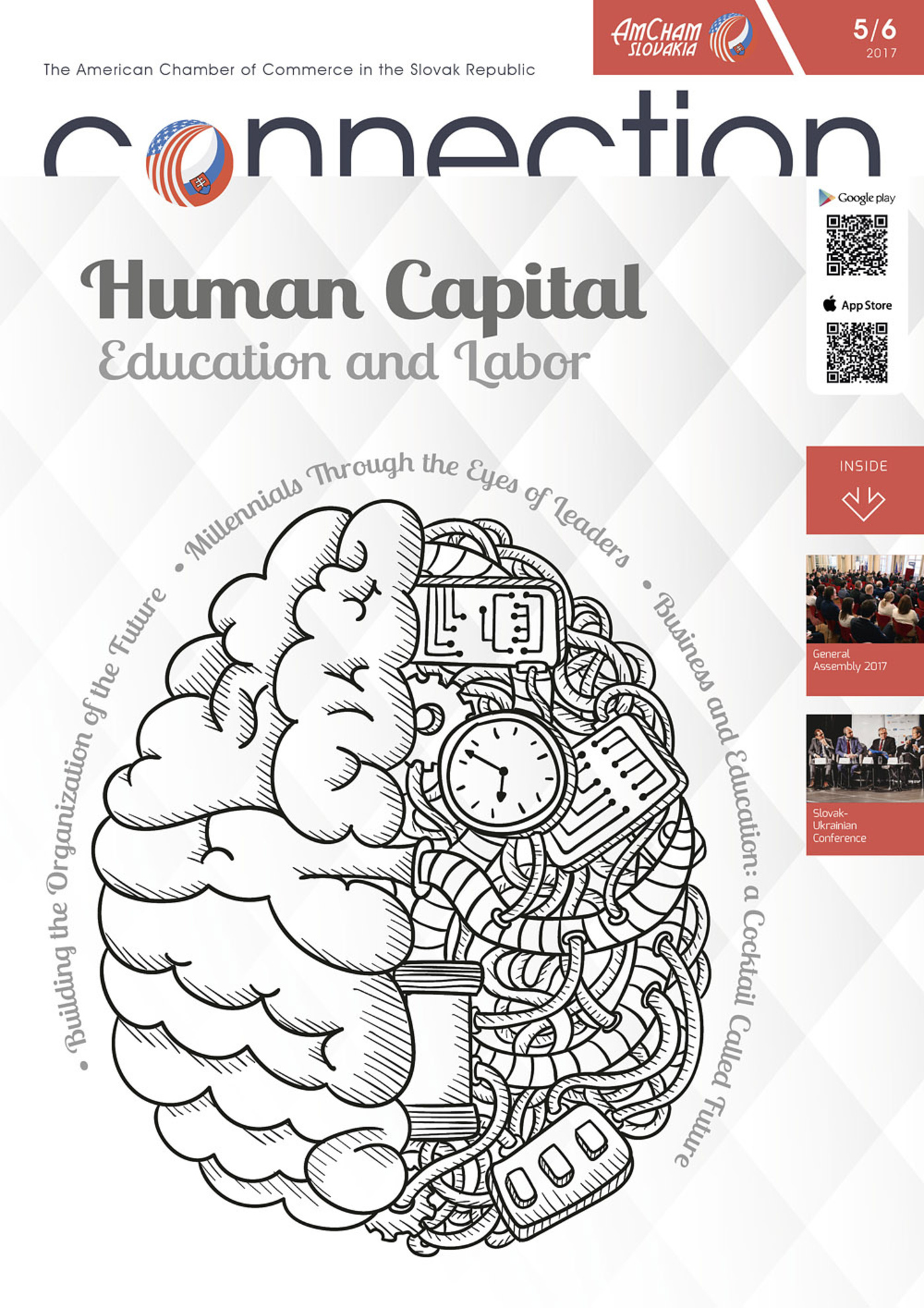Outplacement consultancy began at the end of the Second World War. American soldiers returning from the war were provided with support to help them integrate back into civilian life. This was the largest project of its kind in history involving 12 million people and the American government allocated USD 14.6 billion to it. This was not outplacement as we know it today, but rather financial and counseling support to companies employing veterans. In the 1950s, psychologists built on these foundations and developed a professional system of support for redundant employees. In 1969, the first company providing outplacement consultancy as an outsourced service was created. In the 1970s, the outplacement business boomed in the wake of an economic crisis.
What is outplacement?
Basically, there are two types of programs. Individual counseling is designed for middle, senior and top management. Group counseling is used for redundancy of large groups of employees and is mainly offered to specialist staff or low-level managers. Employers decide based on their needs whether to make use of three month, six month or twelve month outplacement programs.
Individual outplacement programs focus on providing psychological support for redundant employees as, according to recent surveys, dismissal from work is one of the most stressful life events — after the death of a loved one and divorce.
The most important part of individual outplacement programs are sessions with a career coach, i.e. a personal consultant assigned to the redundant employee, who evaluates and assesses in detail the experience, knowledge, skills and abilities of the employee and creates a strategy for their career transition. This type of outplacement program usually also includes a psychological profile of the redundant employee.
The coach and the client then prepare for individual stages of the job search — including the use of a network of contacts, monitoring of the hidden job market (i.e. the positions that are not publicly advertised), preparing a CV and other documents, training for interviews and working with social networks. In addition to the classic face-to-face interview with the career coach, the laid-off employee has a variety of other tools at their disposal. These include sample videos with real-life situations, on-line templates of cover letters and CVs and meta-search engines for searching for job-offers across sectors or countries. Outplacement support is especially valuable for the long-term unemployed. Group outplacement provides high-quality consultancy to a large group of employees and makes use of new technologies, such as video conferencing.
Outplacement costs are usually covered by employers. Providing outplacement services improves the atmosphere in a team and work efficiency, and helps to eliminate labor disputes. Companies are able to present themselves as socially responsible employers, which will be of benefit when it is time to recruit again.
In the Slovak Republic and the Czech Republic, outplacement has been slow to take off, which may well be due to historical reasons. Only recently has a more generous corporate culture started to develop — in terms of employee care and the benefits employees receive on joining or leaving a company.
Unfortunately, the departure of an employee is still perceived solely as a cost reduction, even when not initiated by the employee and therefore outplacement services, which raise costs, are often considered a waste of money. Every year, the phrase “We do not invest in people who are no longer going to work for us” justifies laying off large numbers of employees without offering them any practical or psychological assistance to help them stand up and start again, help them define what they know, what they are good at, what they can “sell” and how to do it.
This is an area in which local companies still have a long way to go. The generation of patient and humble employees has given way to a new generation which is demanding, assertive, self-confident and choosy. It is high time to reintroduce decency and respect for subordinates at companies by implementing outplacement programs. These are the values that help to build loyalty and a healthy work environment.
Jakub Kuvik, Country Manager, Teamconsult SR, s.r.o.



Follow us